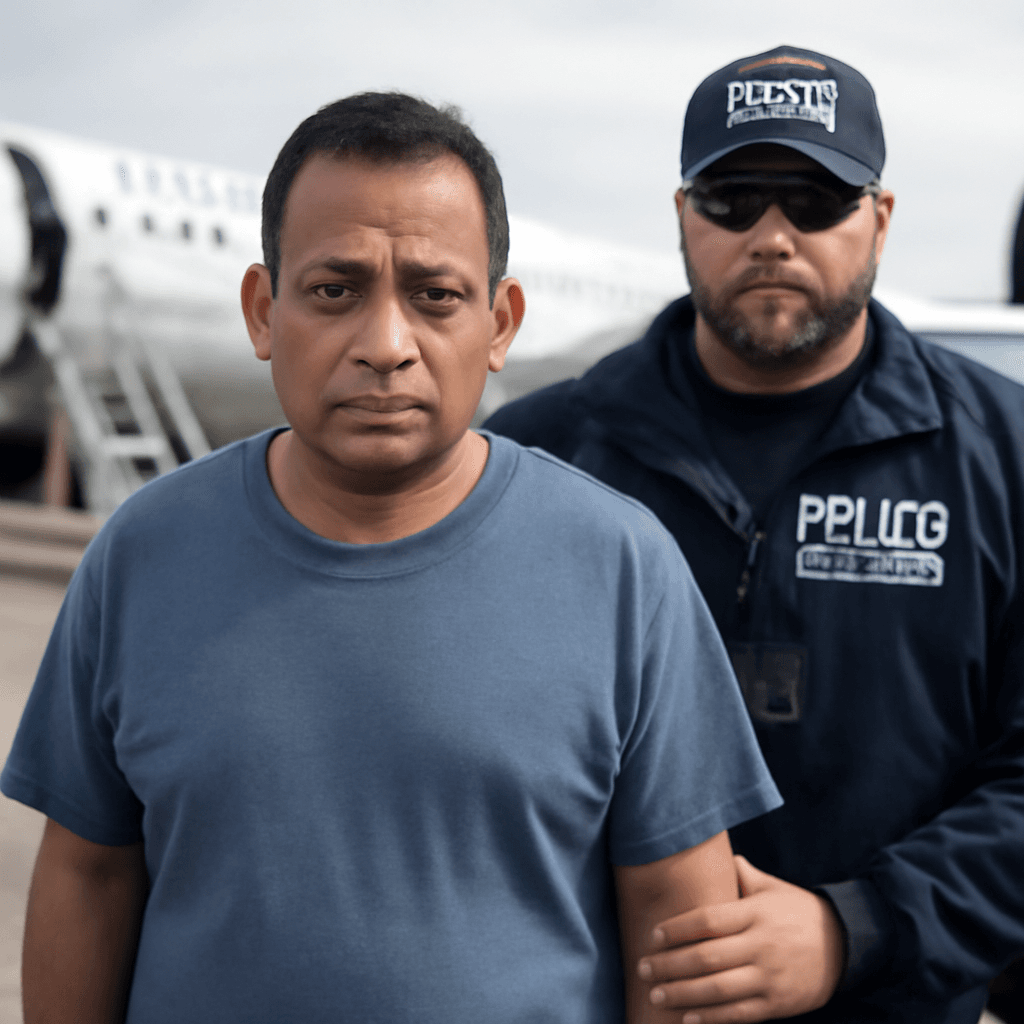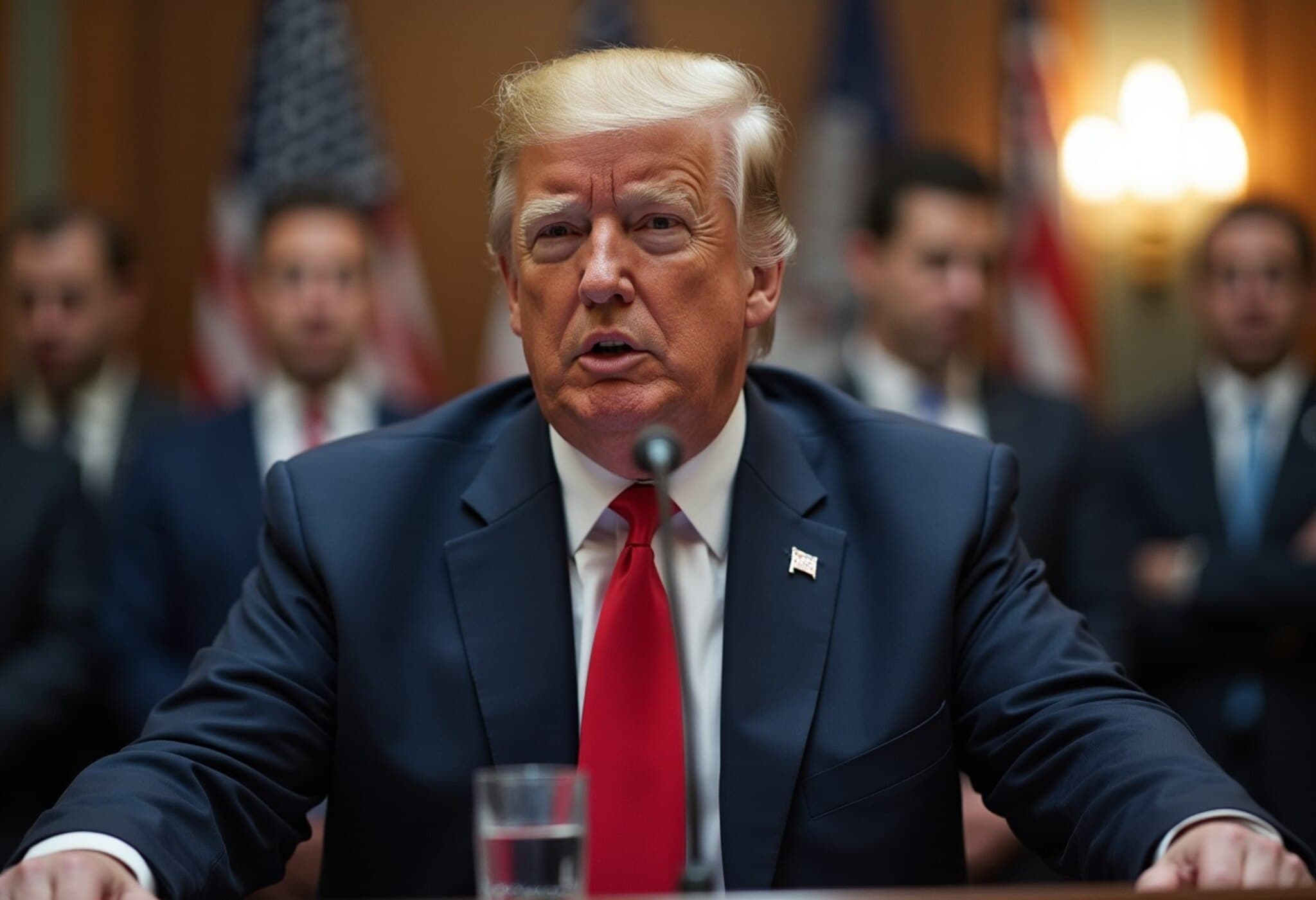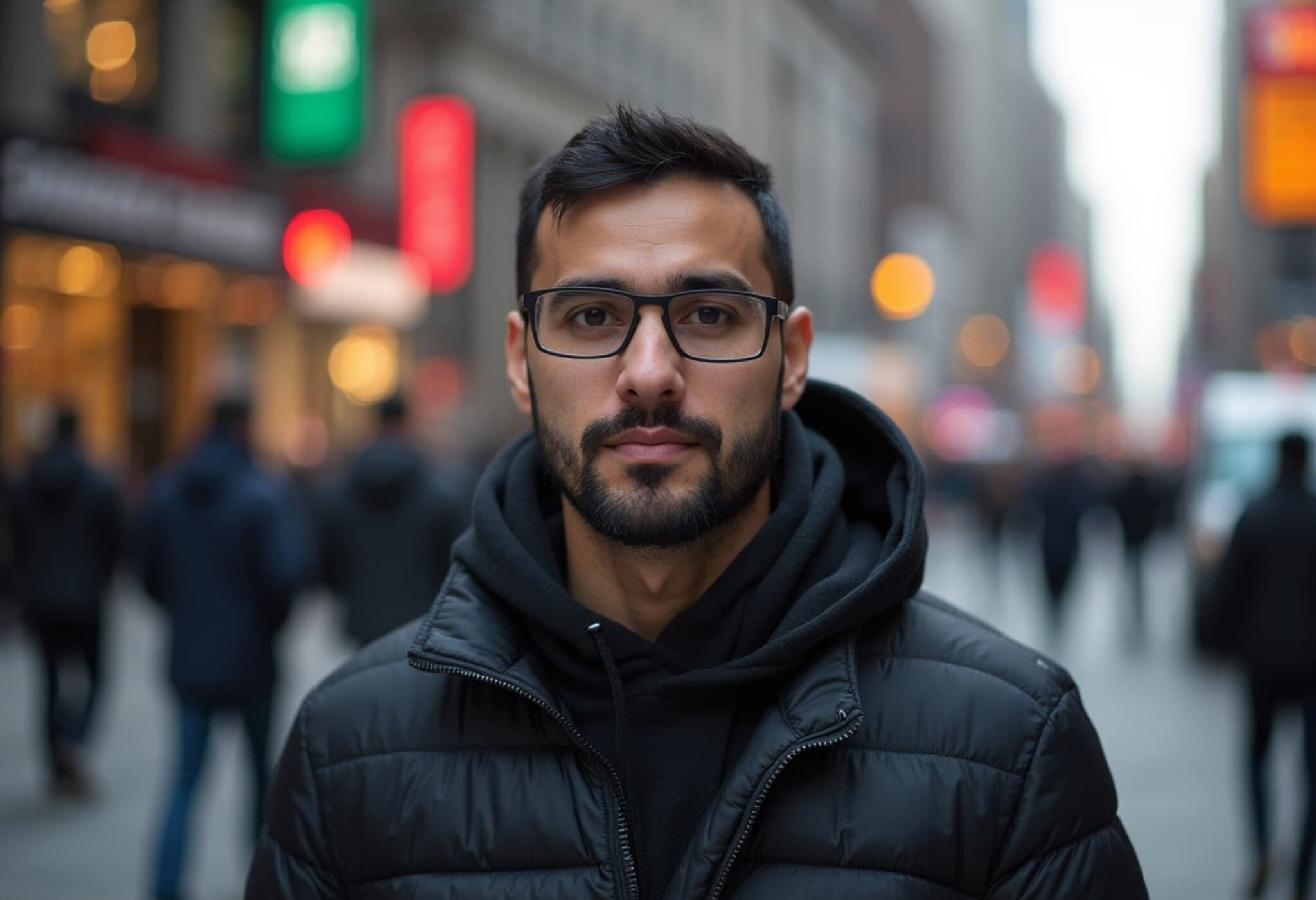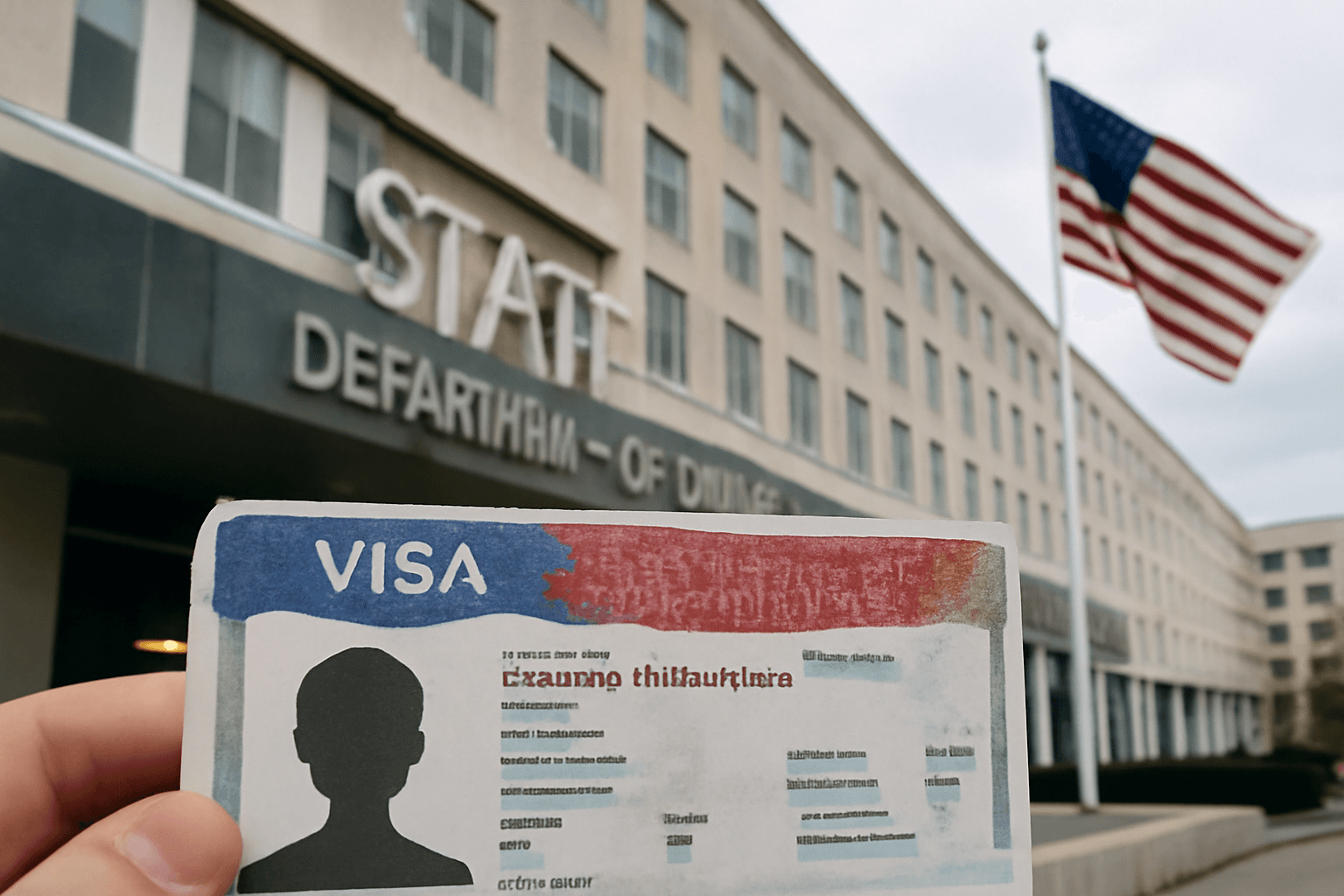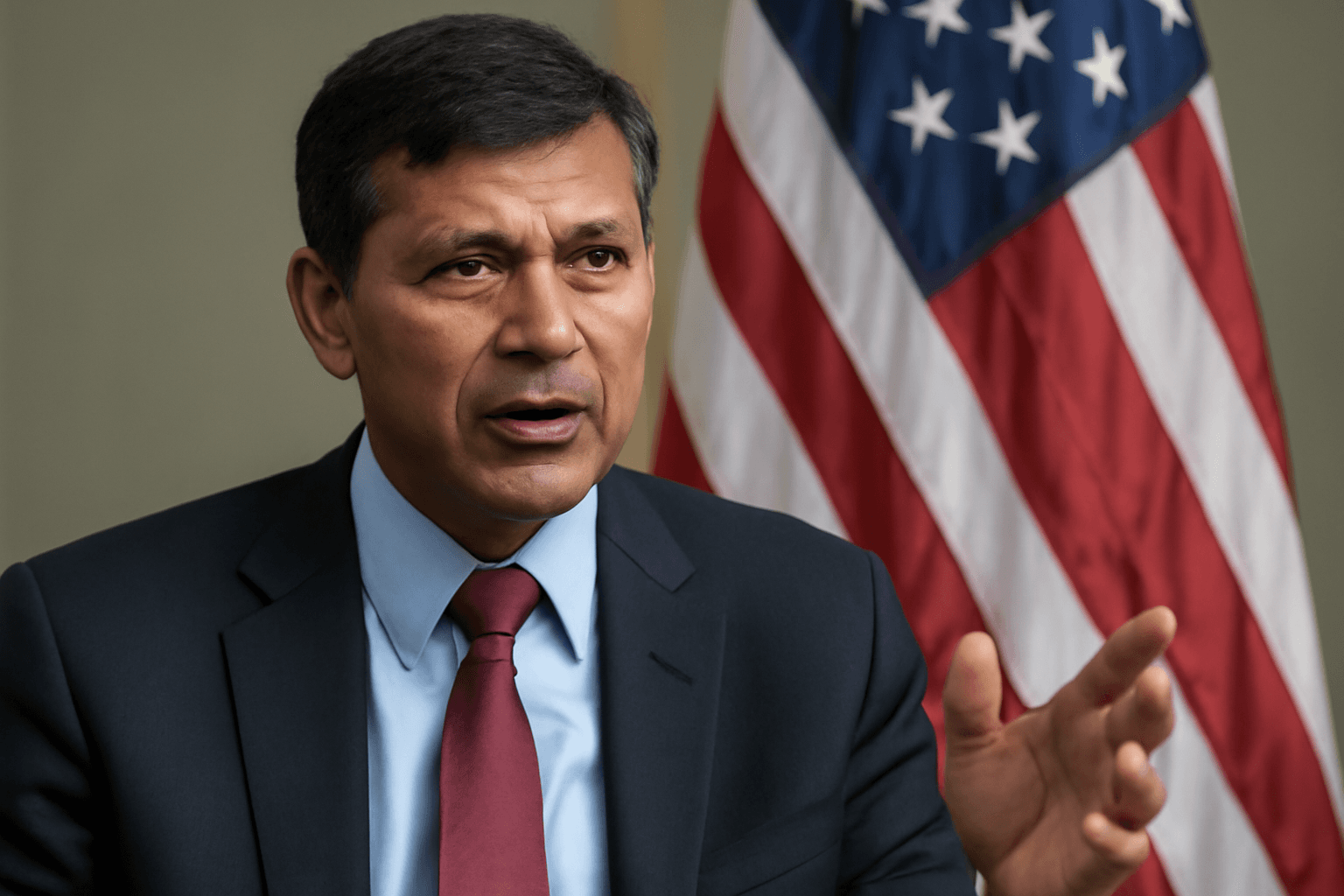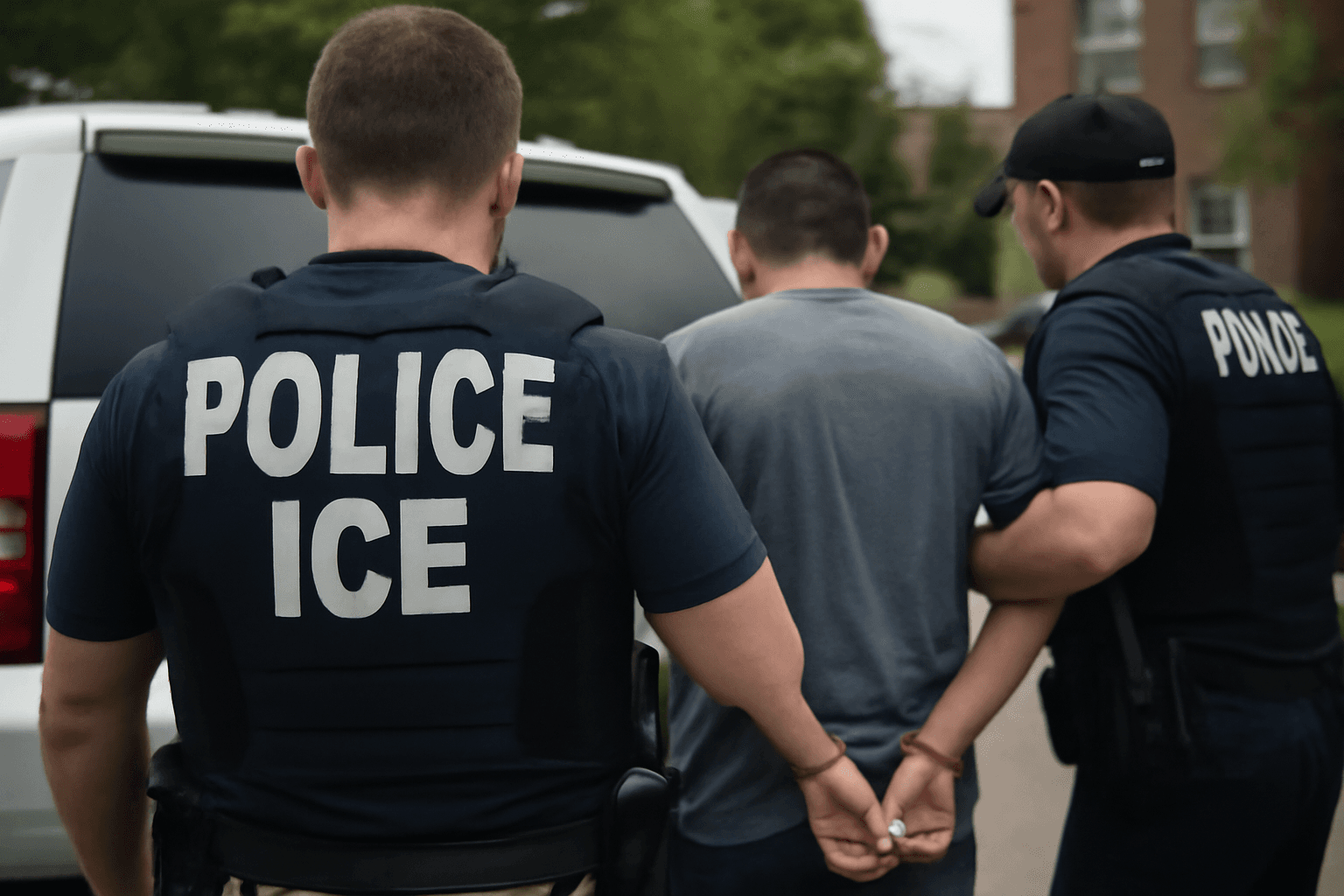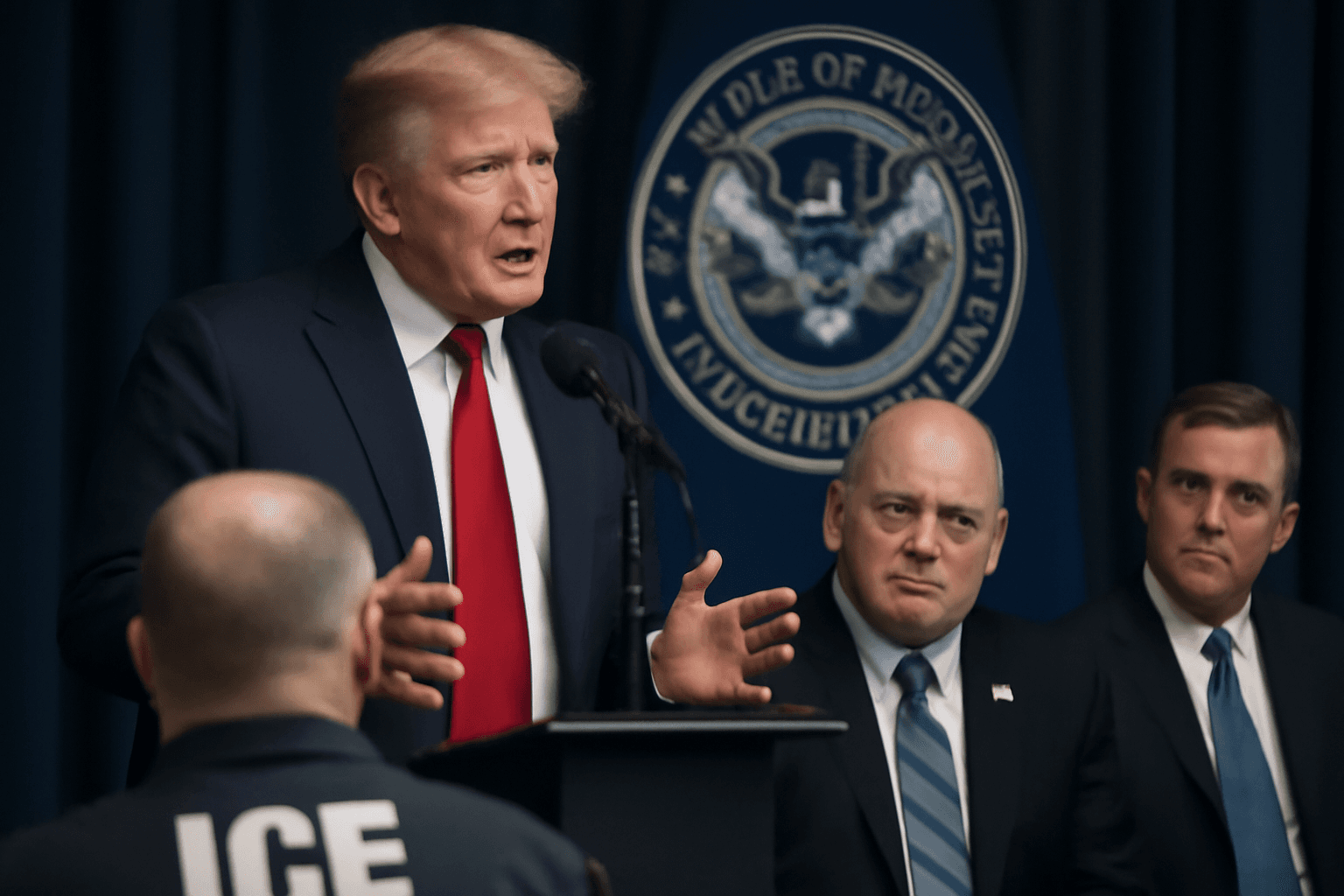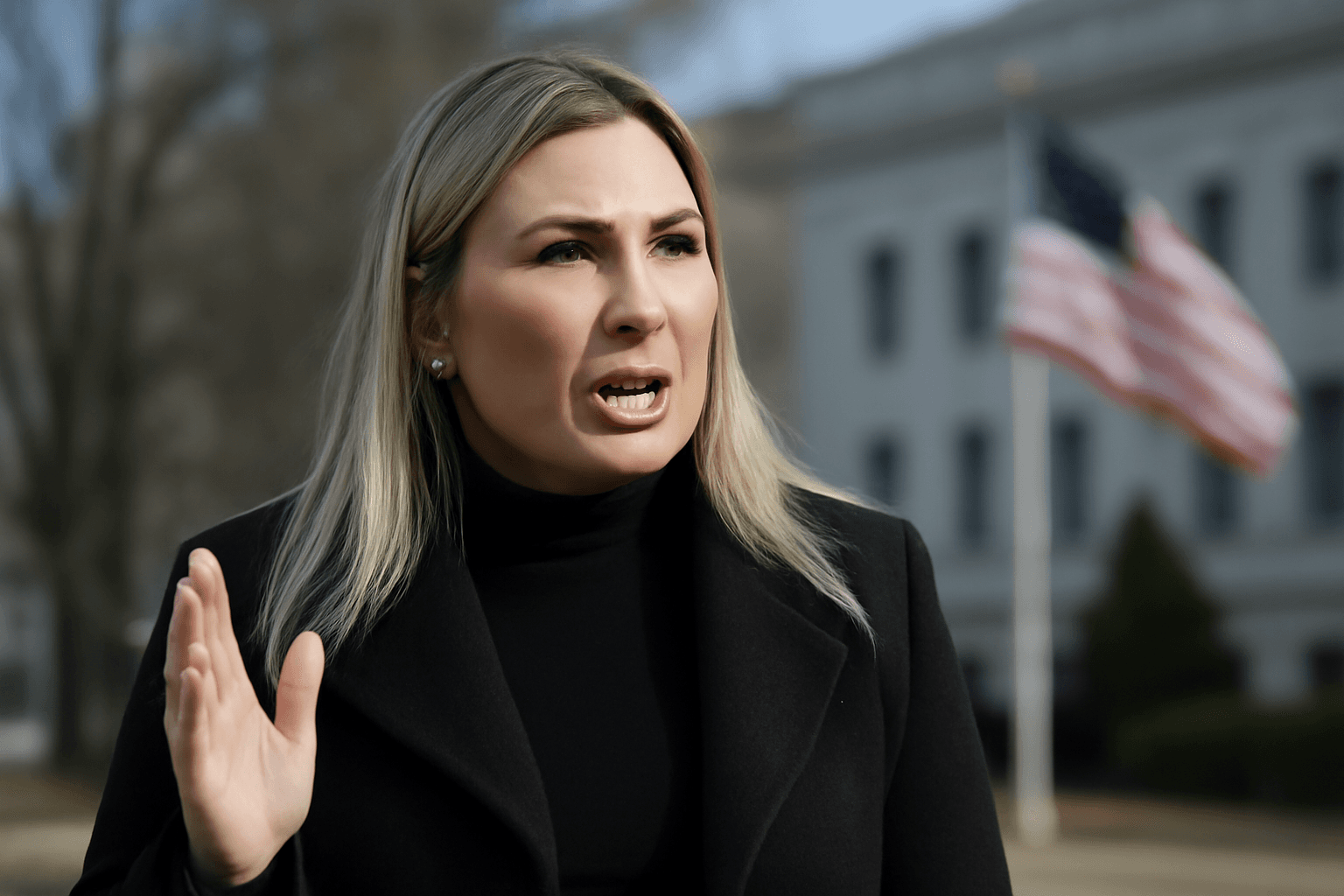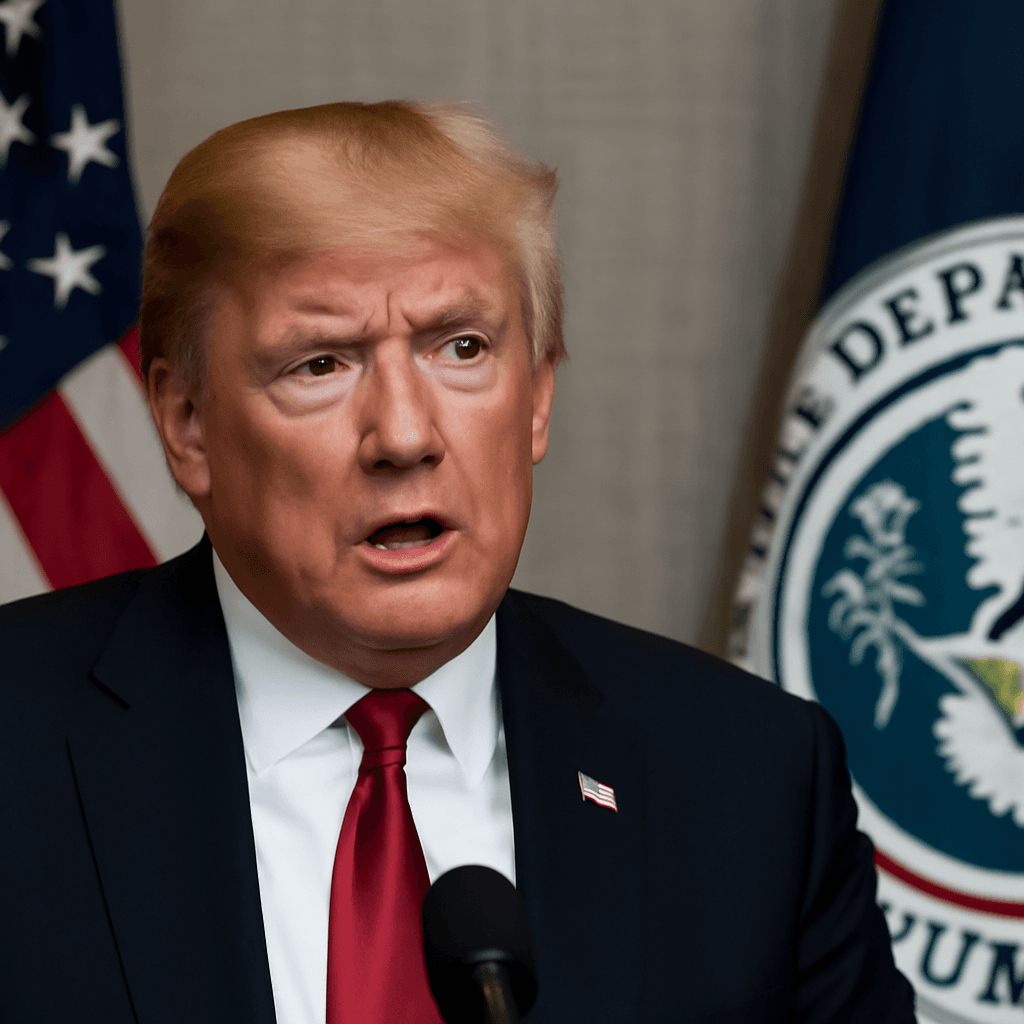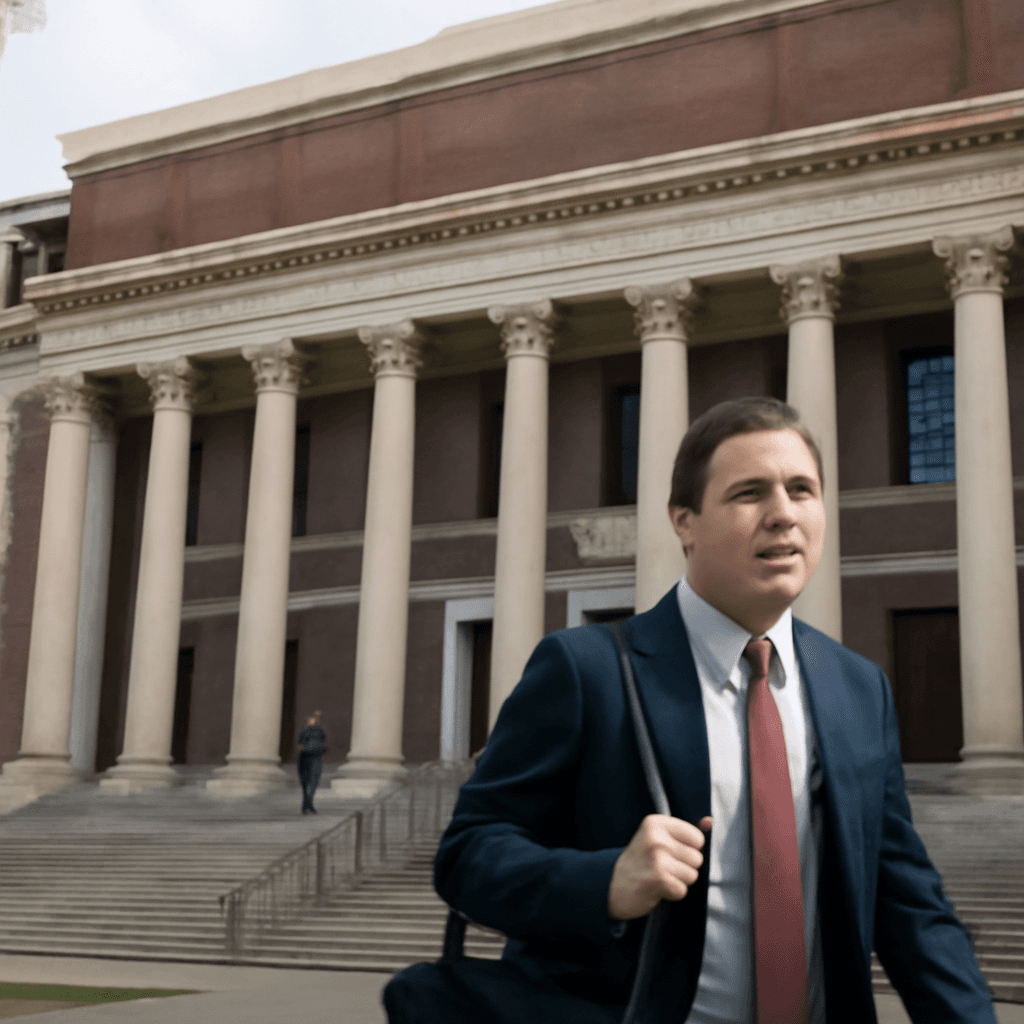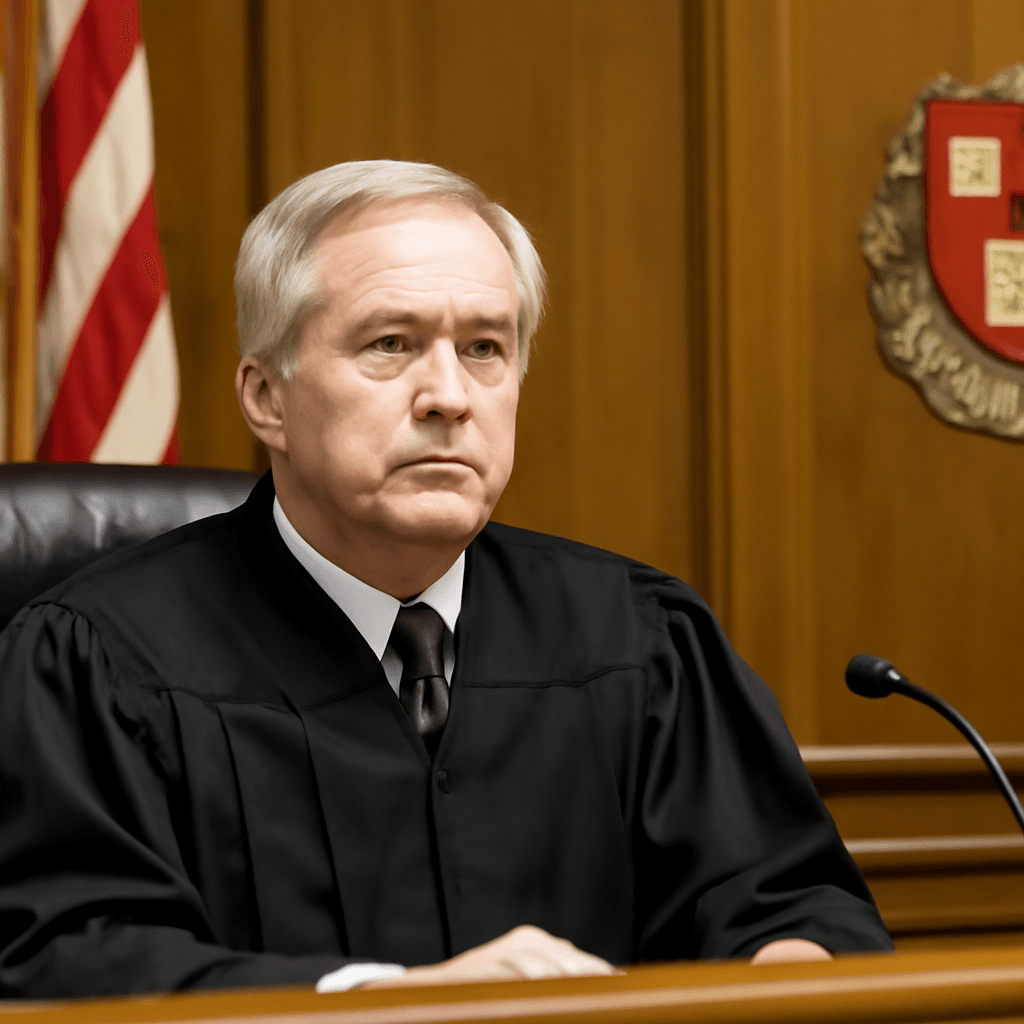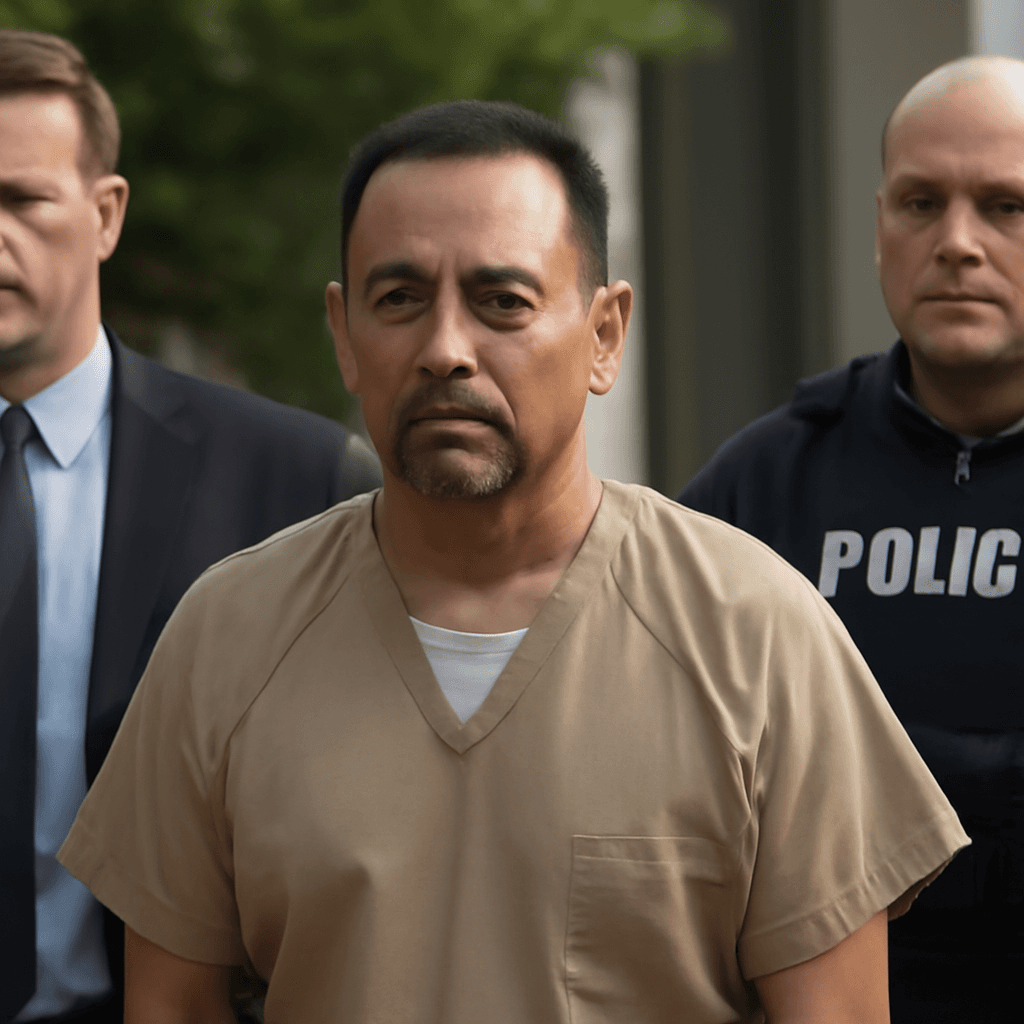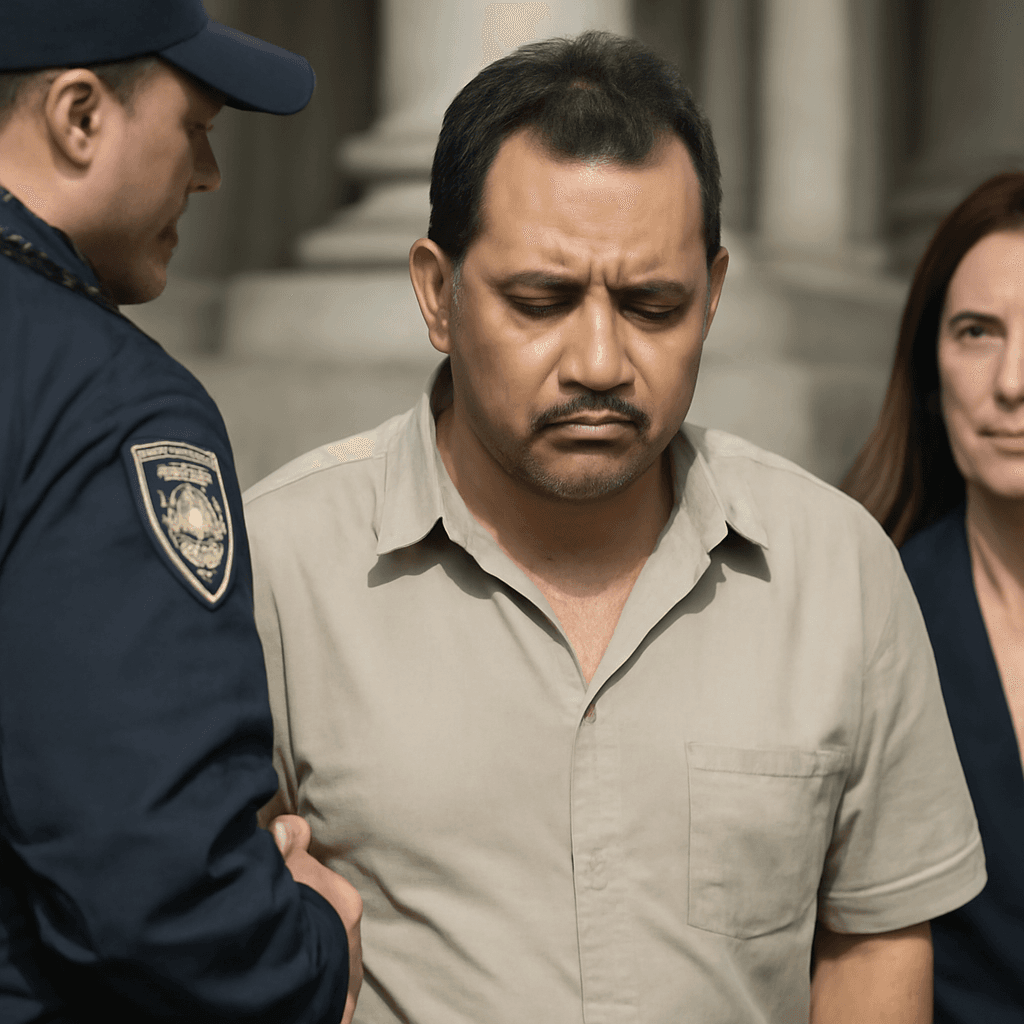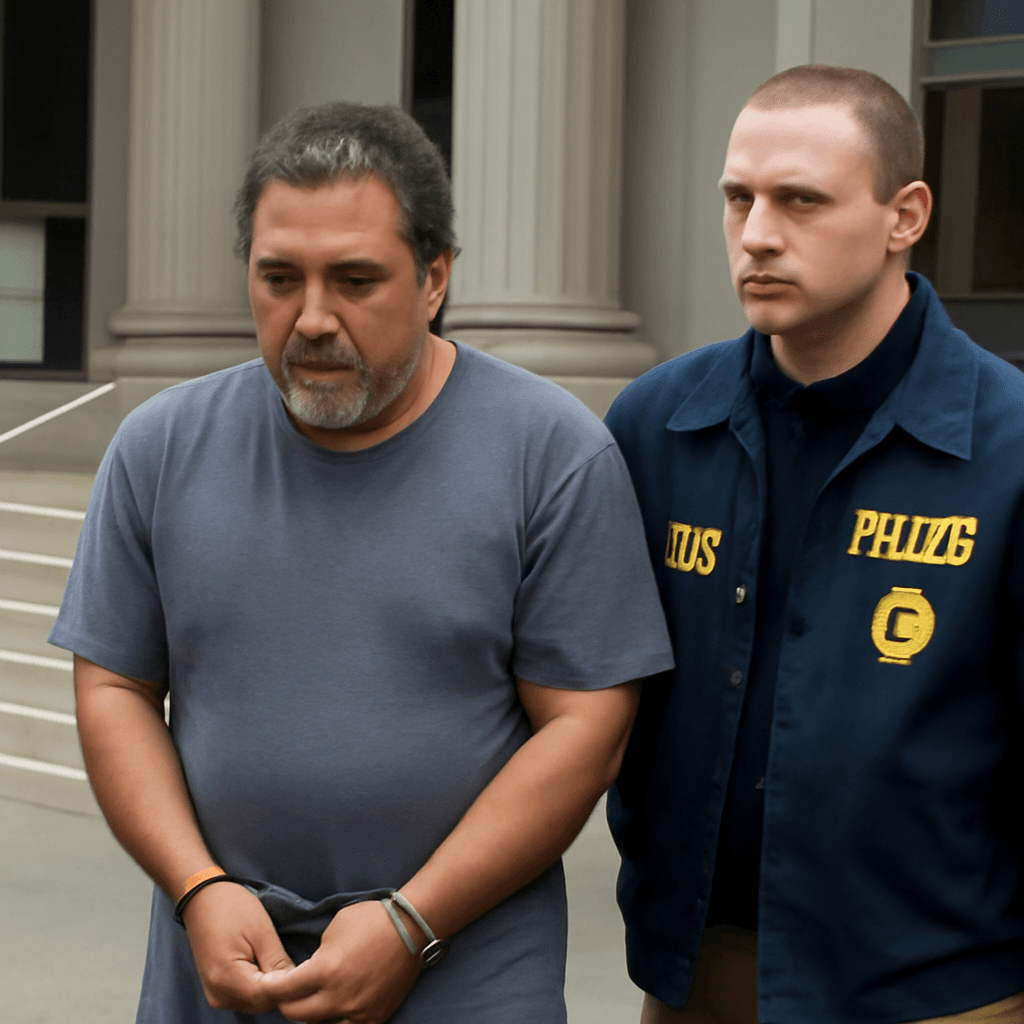Salvadoran Migrant Repatriated to Face Serious Smuggling Allegations
Kilmar Abrego Garcia, a Salvadoran migrant who was mistakenly deported from the United States despite holding a valid work permit, has been flown back to the US to confront criminal charges related to migrant smuggling, officials confirmed recently. This turn of events marks a significant chapter in a case that has drawn sharp criticism toward the previous administration's immigration policies.
Background and Court Proceedings
Abrego Garcia, 29 years old, formerly residing in Maryland with his US citizen wife and child, appeared in federal court in Nashville. His arraignment is scheduled for June 13, where he is expected to enter a plea. Until then, he remains in federal custody.
Attorney General Pam Bondi announced that if found guilty, Abrego Garcia will be deported back to El Salvador following his prison sentence. The administration has accused him of affiliation with the MS-13 gang—a claim his defense denies.
Details of the Indictment
The charges allege that Abrego Garcia operated as part of a smuggling ring with at least five co-conspirators, facilitating the illegal transport of migrants within the US. From 2016 to early 2025, he reportedly made over 100 trips transporting migrants from the US-Mexico border, often picking them up in Houston and moving them toward Maryland.
Additionally, the indictment accuses him of trafficking firearms and drugs. One associate linked to the ring was involved in a tragic 2021 incident where a tractor-trailer carrying migrants overturned in Mexico, resulting in 50 deaths.
Defense and Resignation Shakeup
Abrego Garcia’s attorney, Simon Sandoval-Moshenberg, criticized the charges as overly broad and based largely on statements from individuals facing their own prosecutions or incarceration.
The case also led to a prominent resignation within the federal prosecutor’s office in Nashville. Ben Schrader, the chief of the criminal division, stepped down reportedly due to discomfort with the administration’s aggressive immigration approach, with this indictment cited as a breaking point.
Controversies and Legal Battles
Abrego Garcia's deportation on March 15 occurred despite a 2019 immigration judge’s decision forbidding his removal to El Salvador over fears of gang persecution. His brief confinement in a high-security detention center stirred concerns among advocates about violations of civil liberties.
President Nayib Bukele of El Salvador approved Garcia’s return to the US after officials presented him with an arrest warrant. In a press briefing, Bondi emphasized that a federal grand jury found significant evidence of his involvement in a migrant smuggling operation spanning nearly a decade.
Allegations of Gang Involvement
Prosecutors assert that Abrego Garcia joined the MS-13 gang by allegedly committing a violent act, though he is not charged with murder at this time. The potential sentences could amount to up to 10 years per migrant transported, potentially resulting in a lengthy imprisonment.
The Broader Immigration Enforcement Context
This case has magnified tensions between federal immigration enforcement under the Trump administration and judicial oversight. The US Supreme Court previously intervened to order Abrego Garcia’s return, with Justice Sonia Sotomayor criticizing the lack of a lawful basis for his deportation.
Meanwhile, a district judge has launched an inquiry into whether the administration fully complied with court orders, amid accusations of obstruction and disregard for legal procedures.
Political Reactions
Maryland Senator Chris Van Hollen, who met with Abrego Garcia in El Salvador, welcomed the developments, remarking that the administration has "finally relented" to judicial demands and must now face due process through the courts.
Looking Ahead
As Abrego Garcia awaits trial, the case stands at the intersection of immigration policy, civil rights, and the criminal justice system—highlighting the complexities and controversies surrounding enforcement efforts in recent years.

